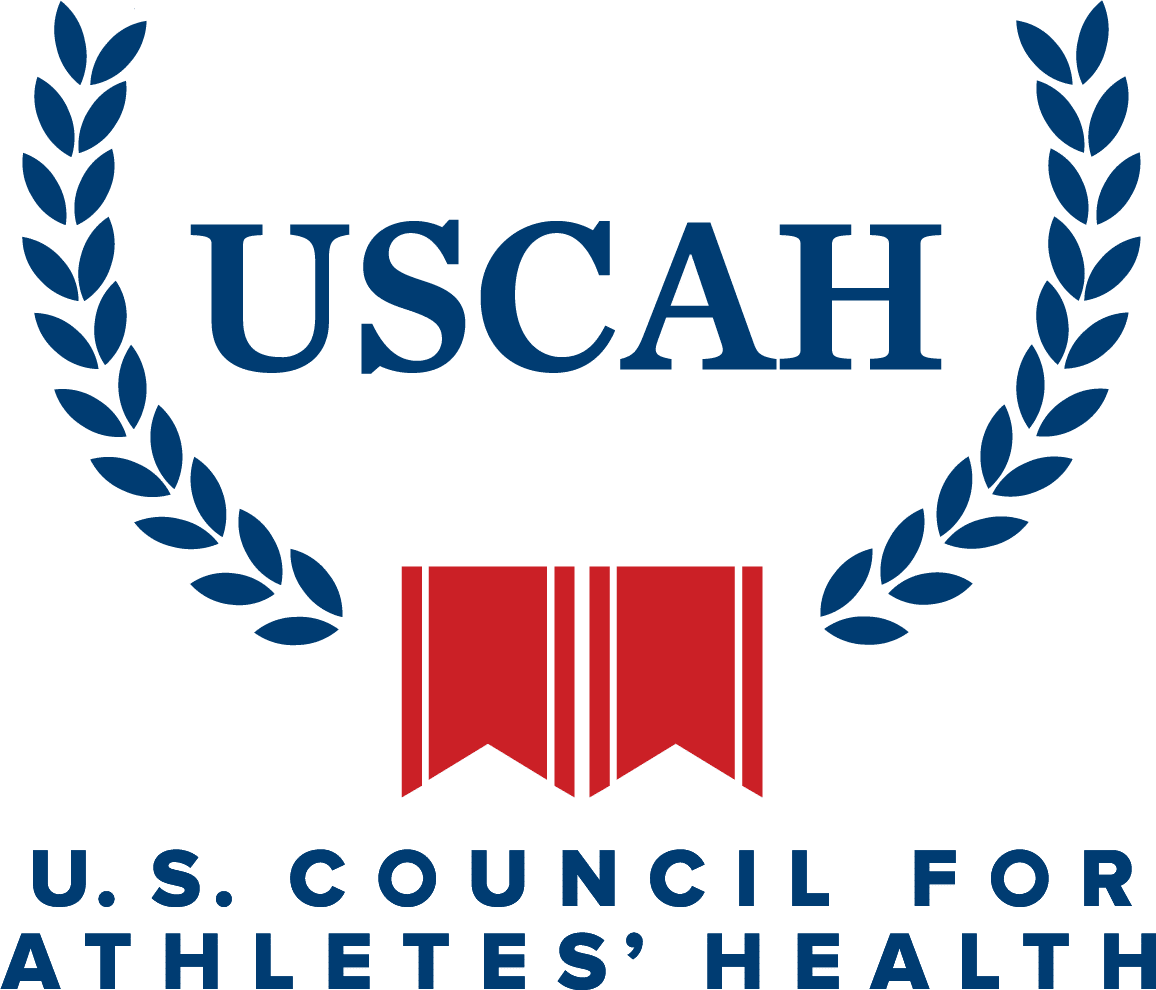April 3, 2024 4 min read

Collegiate Athlete Safety is a Team Effort
Industry:
Solution:

According to the 2022-23 NCAA Sports Sponsorship and Participation Rates Report, there were 523,662 NCAA participants during the 2022-23 academic year. This total is at an all-time high as the NCAA continues to grow each academic year. Meanwhile the National Association of Intercollegiate Athletics (NAIA) includes 83,000 athletes and the National Junior College Athletic Association includes 60,000 athletes.
As the number of college athletes grows, athlete health and safety is becoming more of a national focus. In fact, former student athletes met with the President of the United States in November 2023 to discuss college athlete rights. This included conversations focused on health and safety for athletes and ensuring colleges support athletes both during and after their playing careers. Institutions play a crucial role in creating a culture that prioritizes athletes’ health and safety.
Prioritizing Athlete Health and Safety
Part of participating in sports includes the increased risk of injury. Whether students are playing at the collegiate level or participating in club, rec, or intramural sports, they are at a higher health and safety risk than students not participating in sports. In fact, college athletes have a 75% chance of getting injured over four years based on University of Rochester Medical Center’s research findings in 2013.
Every college athletic department, whether it’s a small school or large university, risks reputational and financial liability when student-athlete health, safety and well-being are not prioritized. It is important for staff to be equipped with the knowledge to improve athlete health and safety and mitigate risk at their institution. Creating a culture that prioritizes athletes’ health and safety is the responsibility of everyone involved in athletics, not just healthcare personnel. Athletes, coaches, support staff, administrators and officials should all have at least a baseline understanding of health, safety and welfare issues that are common in athletics.
Partnering with USCAH to Deliver Athletic Health and Safety Training
To support colleges and universities, Vector Solutions is partnering with The U.S. Council of Athletes’ Health (USCAH) to offer training courses to help grow awareness of the importance of athletic safety to every stakeholder at college institutions.
The USCAH team is comprised of a group of diverse, multidisciplinary medical experts with experience serving in high-level positions within intermediate and collegiate athletic organizations. Their team offers experience and expertise to advise and consult with organizations regarding their healthcare delivery system. By partnering, Vector is now offering the USCAH Athletic Safety Training Library through the Vector LMS.
Vector’s USCAH Athletic Safety Training Library consists of 46 courses. Each course provides a comprehensive overview of the topic, designed by USCAH’s athletics healthcare experts and tailored for non-medical audiences. Additionally, some of the courses support the educational objectives of the “NCAA Interassociation Recommendations: Preventing Catastrophic Injury and Death in Collegiate Athletes.”
- Sudden Cardiac Injuries and Commotio Cordis in Sport: This course covers important aspects related to sudden cardiac injuries and commotio cordis in sport, including education, screening recommendations, and emergency action planning for cardiac emergencies.
- ACL Injuries and Prevention Strategies: This learning module provides an overview of the basics of anterior cruciate ligament injuries and prevention strategies, including injury characteristics, who is at risk, treatment options, and injury prevention concepts.
- Respiratory Conditions in Sport: This course covers important aspects related to respiratory issues, including definitions, education associated with common respiratory conditions in sport, signs and symptoms, treatment, and prevention strategies.
- Overtraining in Sport: This course covers important aspects related to Overtraining in Sport including definitions, training periodization concepts, signs and symptoms, diagnosis, treatment, and prevention strategies.
- Sportsmanship: This course covers important aspects related to Sportsmanship including definitions, considerations of sportsmanship, and guidance for athletes, parents/guardians, and coaches.
- Stress Fractures and Bone Health: This course provides education related to important aspects of Stress Fractures and Bone Health including education regarding the basics of bone health, risk factors, prevention strategies, diagnosis, and treatment options.
- Bully, Cyberbullying and Hazing in Sports: This course covers important aspects related to Bullying, Cyberbullying, and Hazing in Sport including definitions, behaviors, signs, and prevention of bullying and hazing.
- Concussion in Collegiate and Adult Sports: This e-learning module is designed to provide learners education regarding Concussion in Collegiate and Adult Sports. The content of this module includes how to recognize a suspected concussion, and protocols to manage a suspected concussion with steps to help athletes return to play safely after a concussion.
- Exertional Heat Illness and Prevention: This course covers important aspects related to Exertional Heat Illness & Prevention including education, prevention, risk factors, signs and symptoms, treatment and return to sport recommendations for common heat illnesses in athletics.
- Mental Health in Sport: This learning module covers important aspects related to Mental Health in sport including common types of mental health disorders in sport, signs and symptoms, and emergency action planning for mental health emergencies.
- And many more!
Additional courses will cover various topics such as diabetes, mental health, nutrition, physical recovery techniques, and sportsmanship.
Explore Our USCAH Partnership
Learn more about Vector’s partnership with The U.S. Council of Athletes’ Health (USCAH) and explore our Athletic Safety Training Library.
Request a Demo






